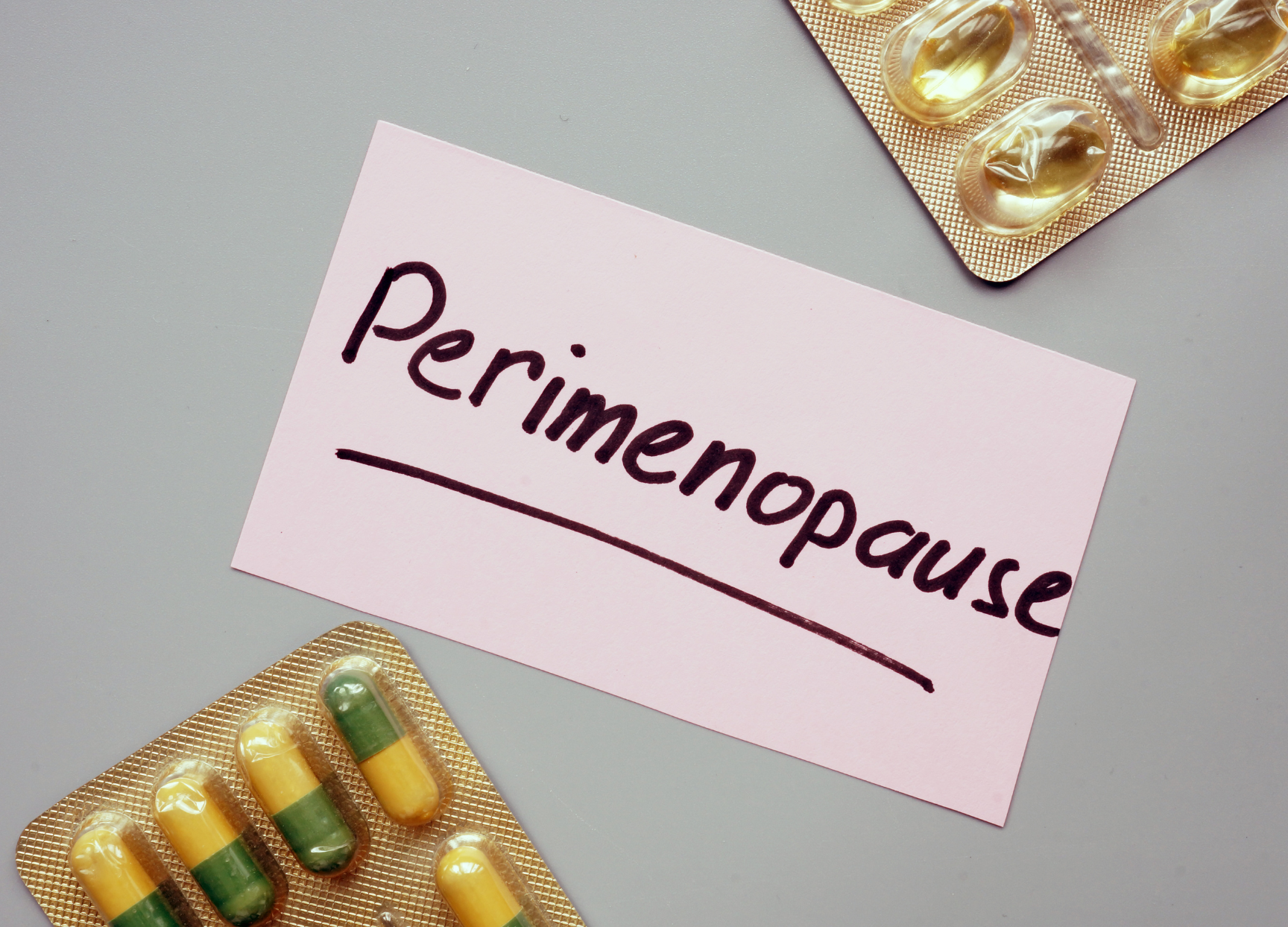Managing perimenopause symptoms is important as they can have a big impact on your daily life.
Symptoms such as hot flushes, insomnia and mood changes can all negatively affect your well-being, so finding the right way to manage them is crucial.
Here are some of the best ways you can effectively manage your perimenopause symptoms.
Lifestyle changes
Making changes to your daily life can be a big help when managing menopause symptoms.
Eating a well-balanced diet high in the right vitamins and minerals is essential. Calcium is necessary for bone strength so try incorporating foods like cheese, green leafy vegetables and bread made with fortified flour into your diet. As your levels of oestrogen drop, your risk of osteoporosis also increases so eating plenty of calcium could help reduce it.
Managing stress levels can be helpful when reducing perimenopause symptoms as well. High levels of stress can exacerbate symptoms like insomnia and mood changes, so try to set yourself a regular bedtime and create a relaxing routine to get you in the right mindset for sleep. Techniques like meditation or yoga can also help keep your stress at a healthier level.
Regular exercise is good for your mind and body, so engaging in physical activity regularly can be effective at managing perimenopause symptoms.
Going through perimenopause can be challenging, so remember to take good care of yourself and put your needs at the forefront.








